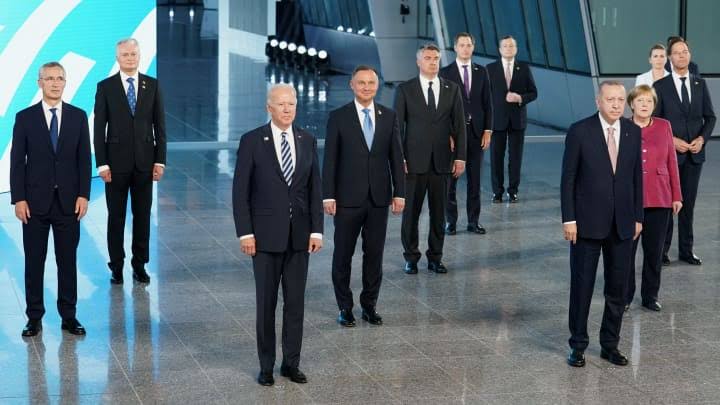U.S., NATO, EU, says China is to blame for Cyberattack on Microsoft Exchange Servers
- Posted on July 19, 2021
- Technology
- By Glory

The U.S., NATO, and EU have accused China of a cyberattack launched on Microsoft Servers. The new alliance made up of the NATO member states, the European Union, Australia, New Zealand, and Japan, have come together against China to put a stop to its global-threat cyberattacks.
The alliance blames China’s Ministry of State for the massive cyberattack launched on Microsoft Exchange servers earlier this year. A spokesperson said the attack was carried out by criminal hackers, who engage in cryptojacking, cyber-enabled extortion, and ransomware, contracted by the MSS.
A senior Biden administration official said the alliance will share intelligence on cyber threats and work together on network defenses and security.
The FBI, National Security Agency, and Cybersecurity and Infrastructure Security Agency unveiled a new advisory with 50 tactics, techniques, and procedures that these China-backed hackers employ.
The Microsoft Exchange server cyberattack which was made public in March could have affected at least 30,000 U.S.-based organizations and thousands more globally. Microsoft tracked down the hacking group, identifying them as an unpopular Chinese espionage network dubbed Hafnium.
The United States, without second thoughts, suspected Beijing of the attack but delayed in naming China as the primary suspect. The delay was partly to allow investigators to properly look into the matter and confirm that the Hafnium hackers were sponsored by the Chinese state. The United States also had to get the support of its allies before publicly accusing China of the attacks.
In response to U.S.’s allegations, Chinese officials accused the United States of “meddling” in its internal affairs. The White House raised the Microsoft attacks allegations with senior members of the Chinese government stating that China’s “actions threaten security, confidence, and stability in cyberspace.”
“We’re not ruling out further actions to hold [China] accountable,” a senior Biden administration official said. “But we’re also aware that no one action can change the PRC’s behavior, and neither can one country acting on its own. So we really focused initially on bringing other countries along with us.”
The cyber- and trade wars between China and the U.S. have been ongoing as both countries struggle for world power. At a time when technology plays a crucial role in national development, democratic and autocratic states struggle to achieve a monopoly in cybersecurity and related sectors.
The new alliance was could set the pace for governments to attack transnational threats from countries like China. It comes amid President Joe Biden’s rally to get more support among NATO and EU allies to approach China, in addition to economic and diplomatic sanctions the Biden administration imposed on Beijing this year. The sanctions were related to alleged human rights abuses in Xinjiang and Hong Kong.


Be the first to comment!
You must login to comment